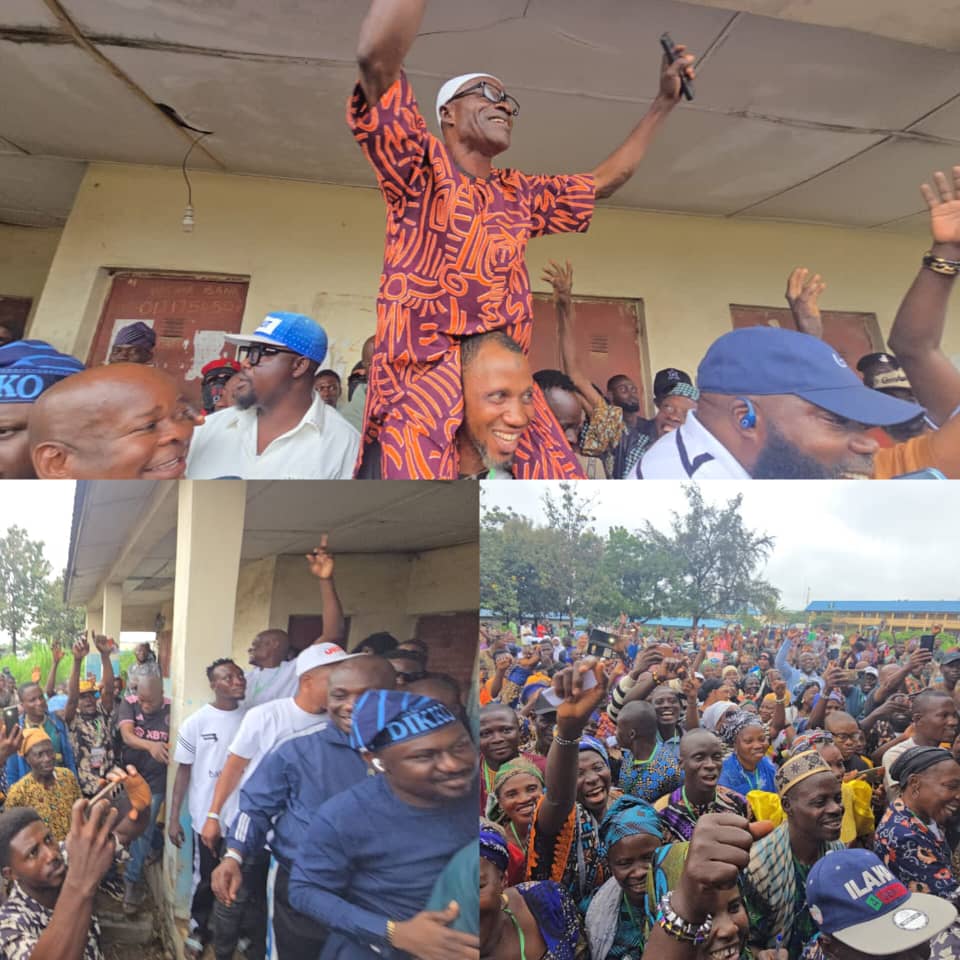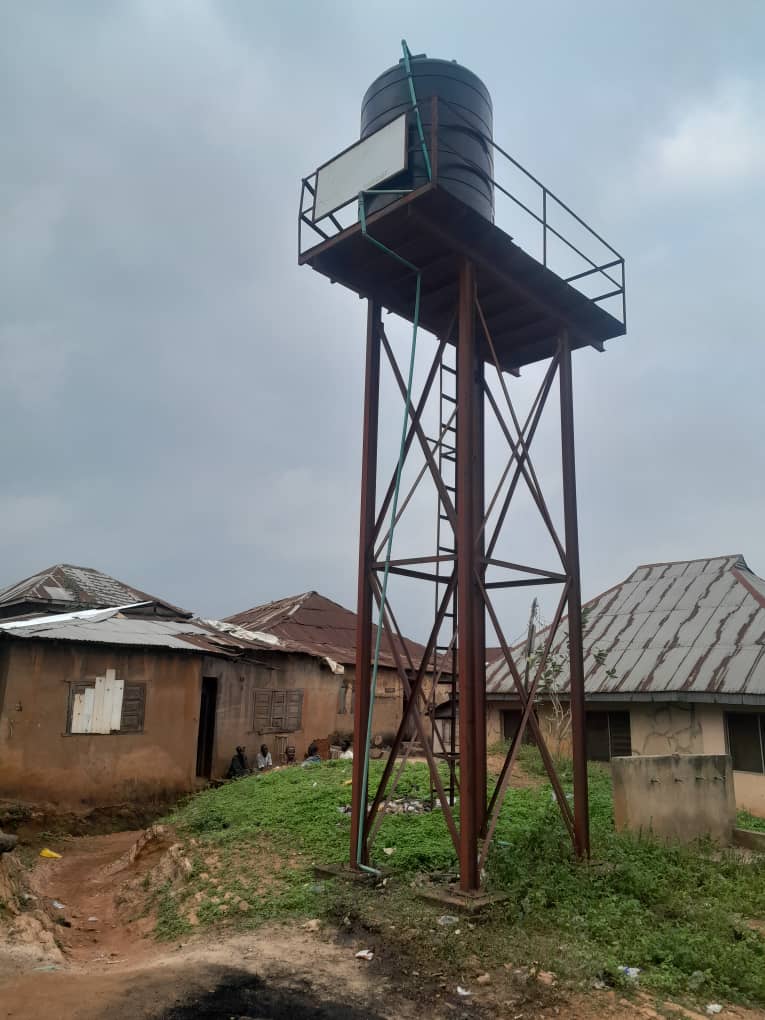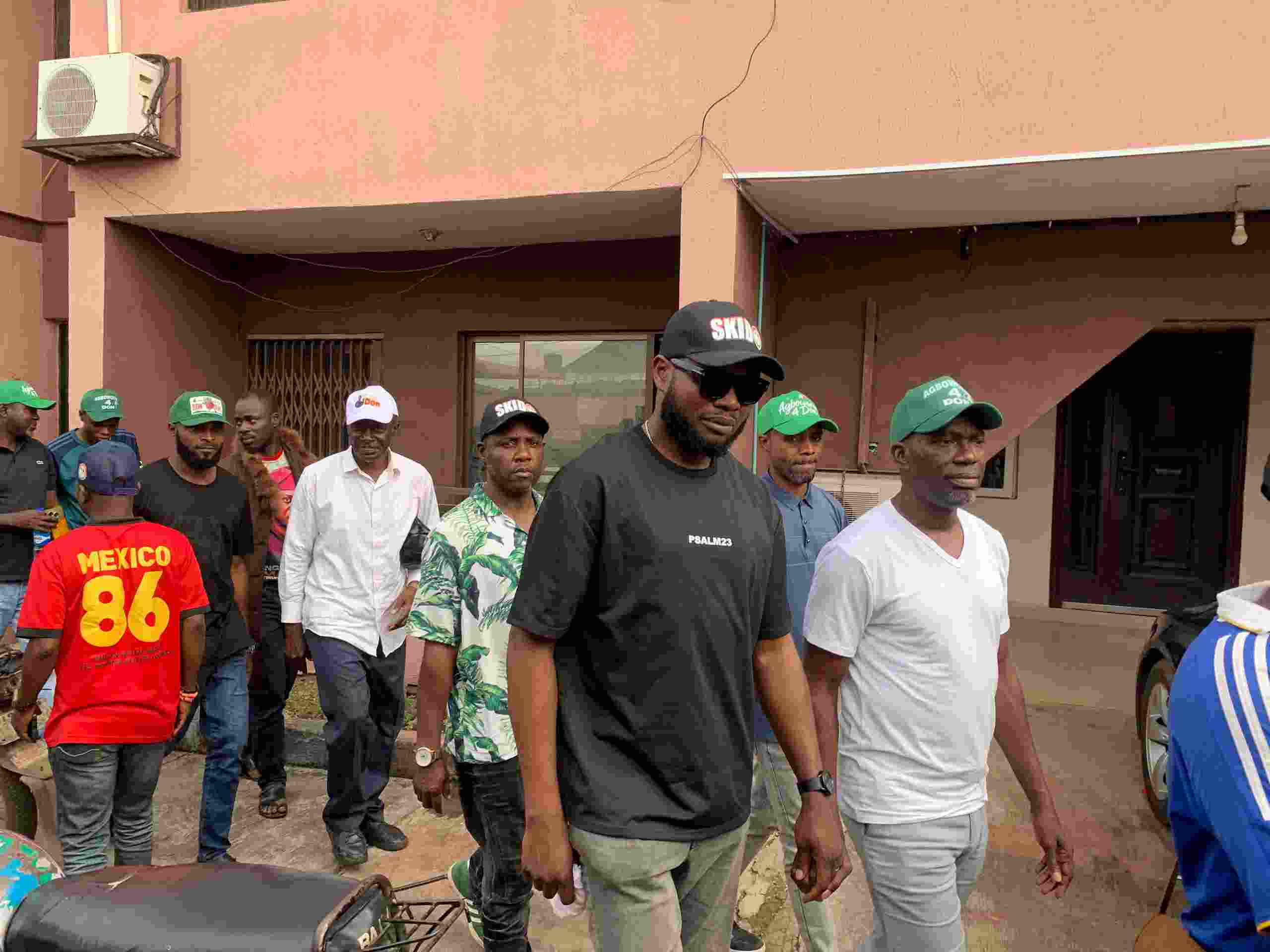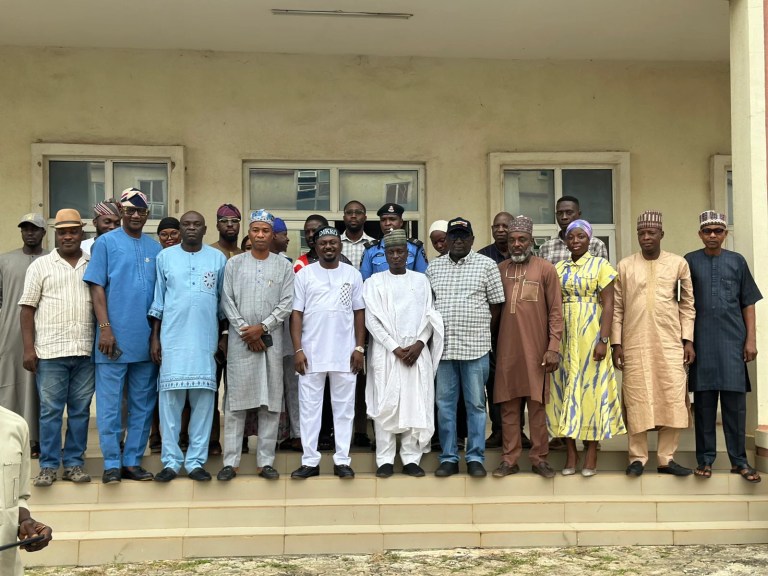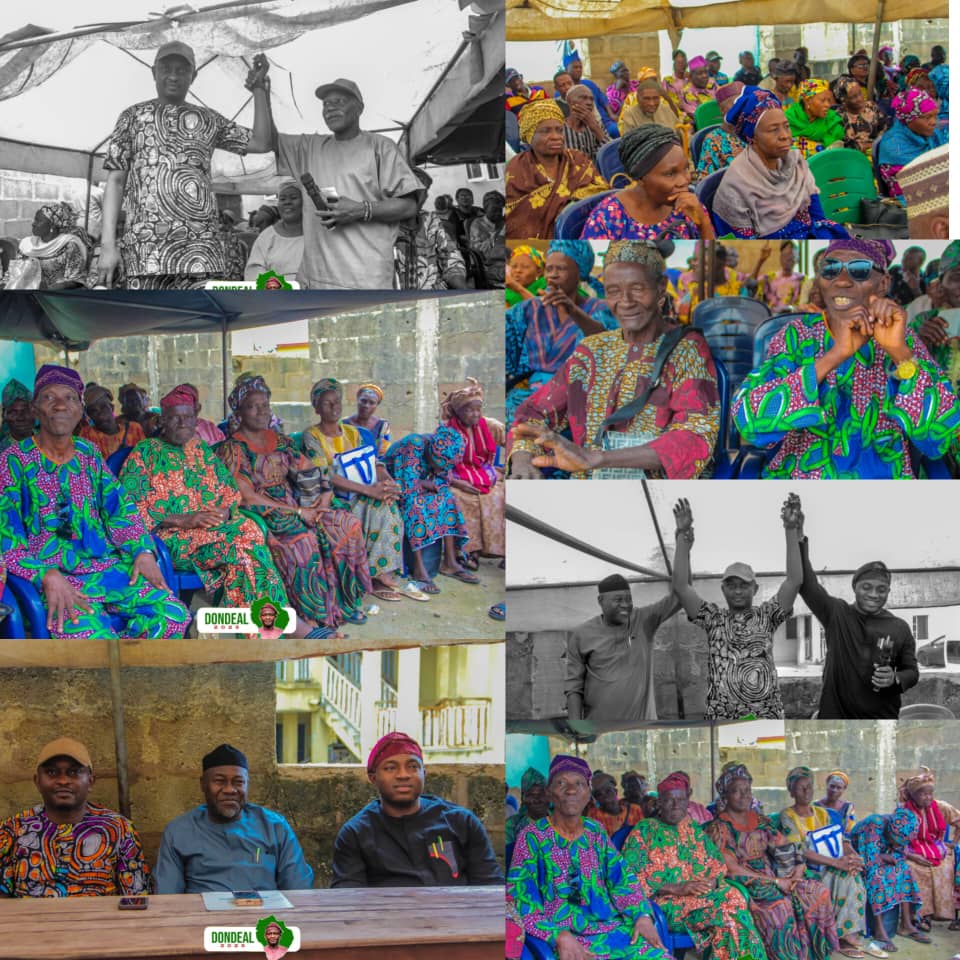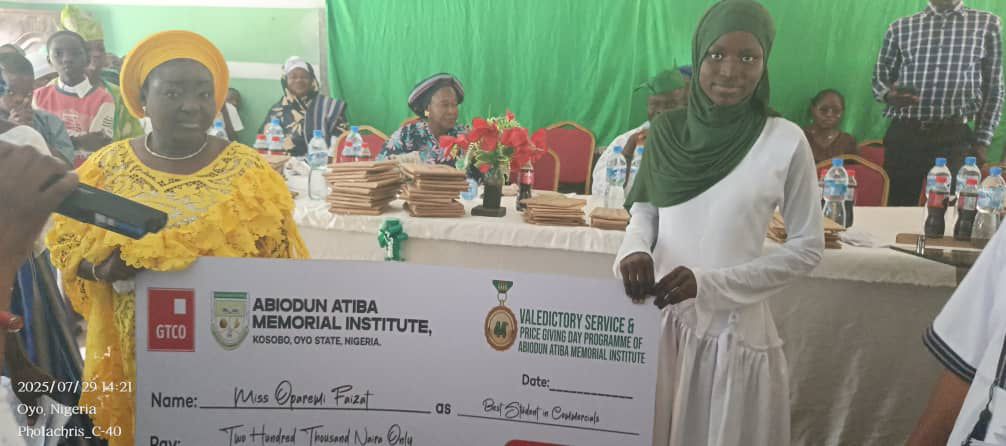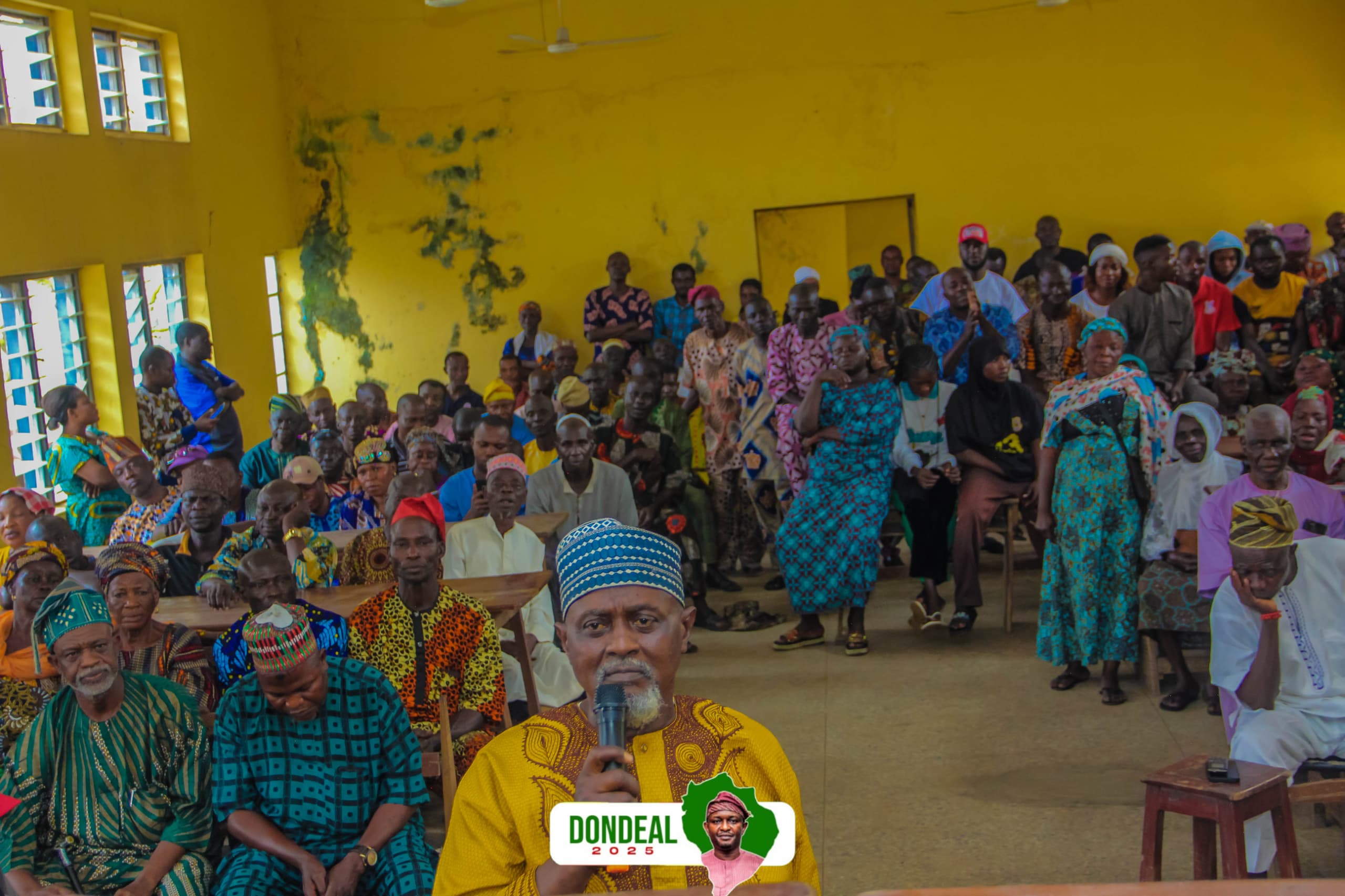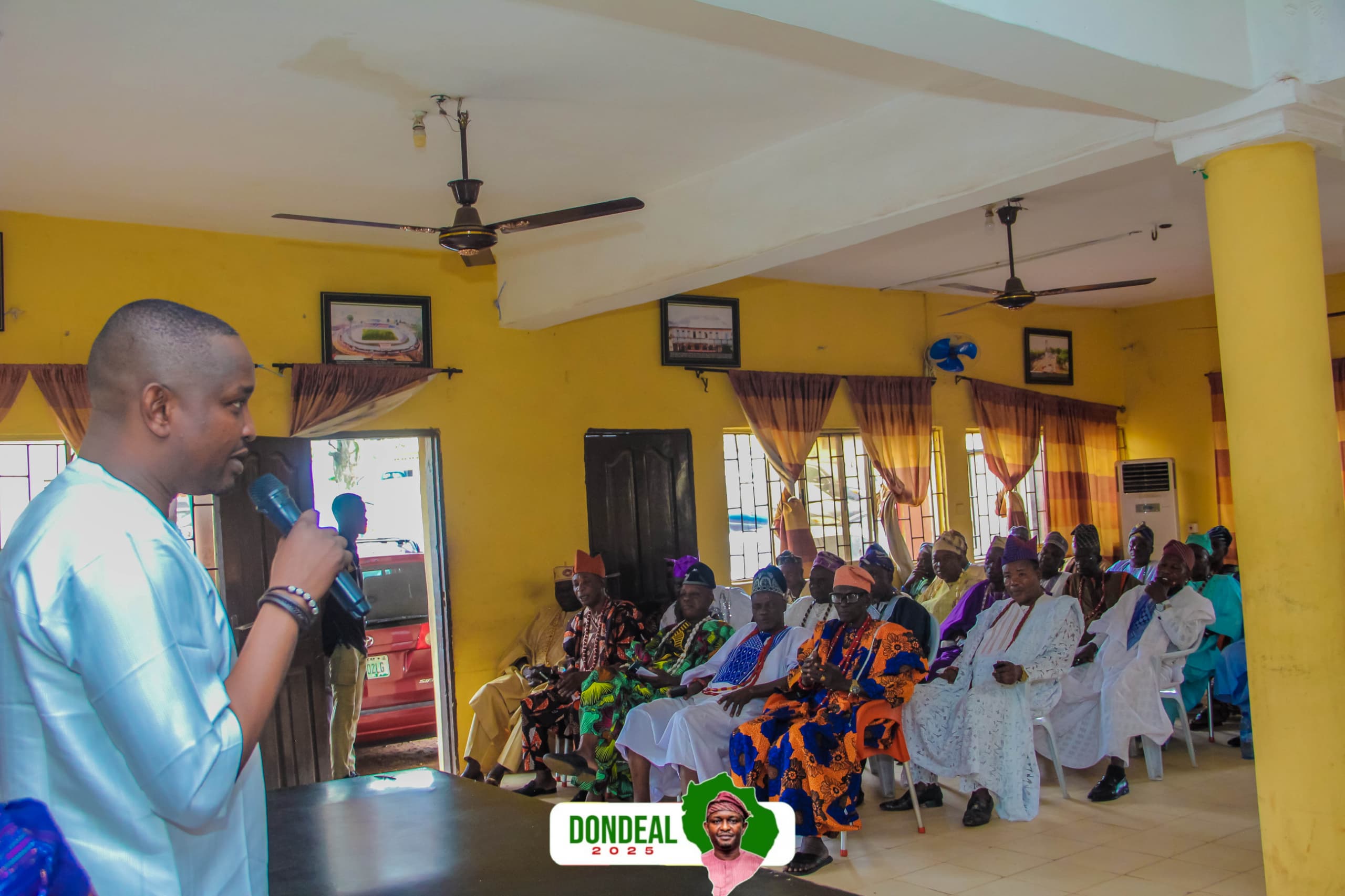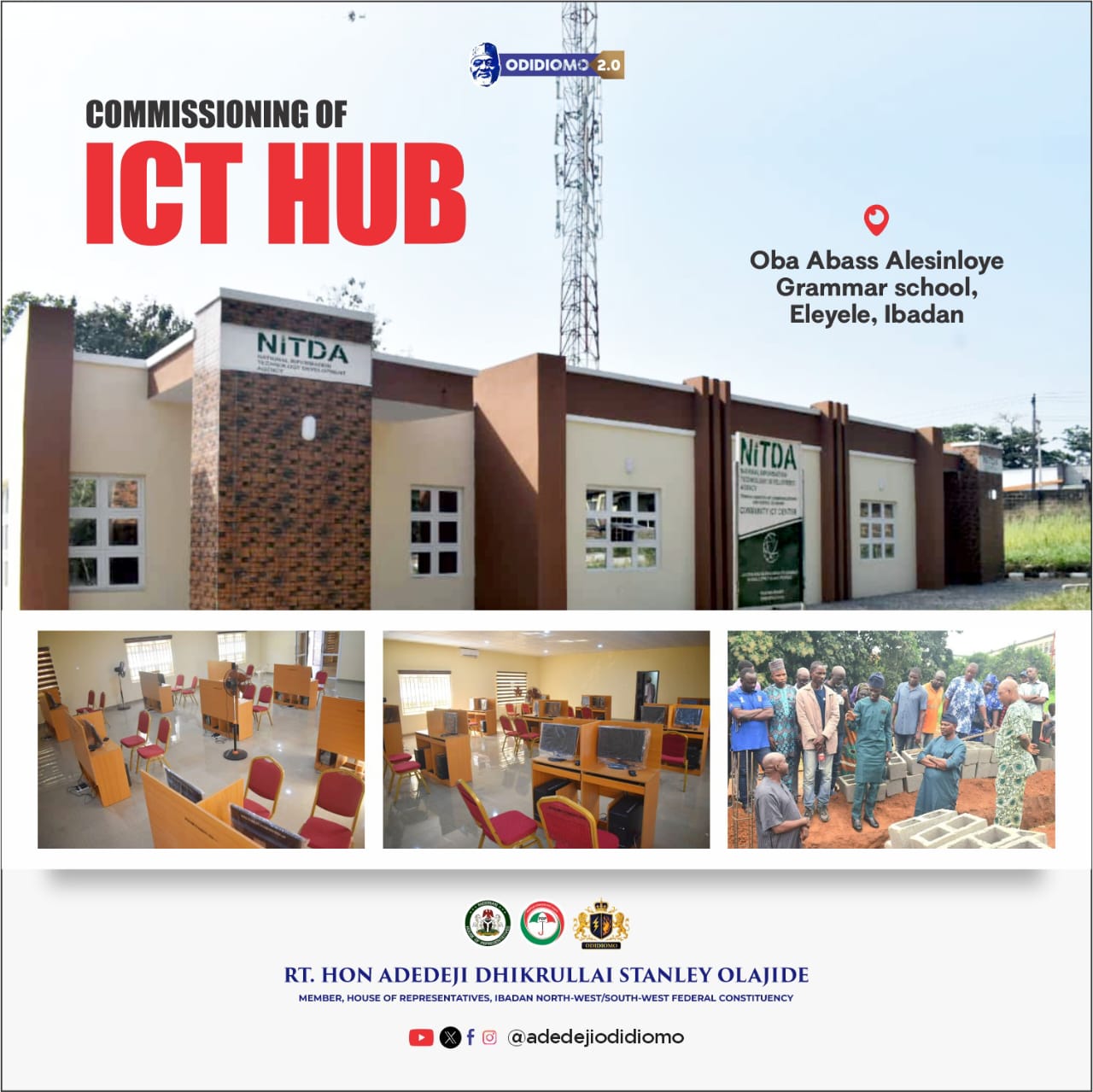EXPOSED: How Unregistered Tiger Nut Drinks Caused Cholera Outbreak – State Govt (Full Interview)


EXPOSED: How Unregistered Tiger Nut Drinks Caused Cholera Outbreak – State Govt (Full Interview)
Dr. Kemi Ogunyemi, Special Adviser to the Lagos State Governor on Health, speaks to Victoria Edeme about the cholera outbreak in the state.
Victoria Edeme: What are the primary causes of the recent cholera outbreak in Lagos State?
Dr. Kemi Ogunyemi: The surge in cholera cases between June 10th and 11th, 2024, qualifies as an outbreak, with the top three affected local government areas being Lagos Island, Kosofe, and Eti-Osa. The Nigeria Centre for Disease Control and Prevention anticipates cholera outbreaks during the rainy season, which is the case now. Environmental conditions and social determinants of health, such as inadequate clean water, open defecation, and flooding, contribute to the outbreak.
You may have missed:Cholera: Death Toll Rises Too 37 As Lagos Records Over 400 Fresh Cases
Victoria Edeme: What specific factors contributed to the increased prevalence of cholera in those particular areas and regions you mentioned?
Dr. Kemi Ogunyemi: Our investigation in Eti-Osa Local Government Area found that the common denominator was an unregistered tiger nut drink. We traced the drink to its source and discovered that it was not registered with the National Agency for Food and Drug Administration and Control (NAFDAC). We also found that the producers had not followed the necessary processes to ensure the safety of the consumable product.
Dr. Kemi Ogunyemi: We recorded the highest number of cases in Lagos Island, Eti-Osa, and Kosofe, and we continue to test everyone’s stool specimens. Unfortunately, we can’t test everyone because most have already taken antibiotics, which doesn’t give us a good sample. We test those who just came and have not taken anything at home. Hence, part of our campaign is to advise people not to take antibiotics. Pharmacists should not sell them antibiotics. They should come straight to the hospital for testing.
Dr. Kemi Ogunyemi: We provide oral rehydration therapy, which is crucial during cholera symptoms. It doesn’t mean the other local governments didn’t have cases; they did, but the numbers started decreasing. We were quite relieved because there was a day when we didn’t have any new cases. However, we anticipated an increase after the Ileyah celebrations, which indeed happened. Unfortunately, we also had an increase in deaths. That’s the unfortunate part. More people have died, and about three of them were already dead upon arrival from home.
Dr. Kemi Ogunyemi: It has increased. As of Thursday morning, we had 21 cases. During an emergency meeting around 11 pm on Wednesday, we received information that someone had died within an hour or two of arriving at the hospital from home. This individual did not just develop diarrhoea on that day but had been at home. The incident could have occurred before Ileyah or around that time, but we are reporting the death now because it happened recently.
Victoria Edeme: Aside from diarrhoea and vomiting, what other cholera symptoms should residents know?
Dr. Kemi Ogunyemi: It begins with abdominal pain. That’s the initial symptom. Following that, there is diarrhoea. Some cases may also present with fever, though not all. Additional symptoms include vomiting, muscle pains, and cramps, primarily due to the loss of electrolytes. Others include a rapid heart rate and general malaise. Fatigue and tiredness are also common due to the significant loss of water, which carries essential electrolytes like potassium, vitamins, and magnesium.
Dr. Kemi Ogunyemi: It varies depending on the amount of bacteria in the body. Symptoms can start within a few hours if the bacteria are already present in your system after consuming contaminated food or water. The onset also varies among individuals, similar to COVID-19, where the virus multiplies differently in different people. Some may experience symptoms within two to five days, but with cholera, symptoms can manifest in as little as 24 hours.
Dr. Kemi Ogunyemi: Once symptoms appear, it’s crucial to seek medical attention immediately. During outbreaks like the current one, we typically suspect cholera based on symptoms, but confirmation requires a stool specimen. The Nigeria Centre for Disease Control and Prevention has distributed rapid diagnostic tests to all hospitals, enabling immediate testing on-site. Samples are also sent to labs for confirmatory tests. Upon arrival at the hospital, anyone presenting with diarrhoea or vomiting receives immediate intravenous infusion for rehydration, regardless of test results.
Dr. Kemi Ogunyemi: Hydration is prioritised to replace lost fluids and electrolytes, crucial for kidney function and overall health. Some patients arriving late required dialysis to manage dehydration-related complications. For those unable to reach a hospital promptly, we recommend oral rehydration with boiled, clean water, a pinch of salt, and a teaspoon of sugar mixed thoroughly. This temporary measure helps maintain electrolyte balance until professional medical care is accessed, ensuring their well-being until they receive proper treatment at a hospital.
Victoria Edeme: In the areas affected in Lagos, how significantly has this outbreak impacted their health and daily lives?
Dr. Kemi Ogunyemi: Due to the sensitisation and campaigns we’re conducting in all those communities, people know they have to be careful because of the outbreak. We revisited the Eti-osa area and did not find a single person selling tiger nut drinks. So the communities are devoid of all those beverages right now. People are aware, and that’s our goal. We want that awareness so that people are careful. We hope people are boiling their water, ensuring they’re washing their hands, and also taking responsibility by informing others not to defecate outside in the streets. Sadly, people continue these practices in their daily lives.
Victoria Edeme: Is there any collaboration with national or international health organisations in managing this crisis? If so, can you elaborate on these partnerships?
Dr. Kemi Ogunyemi: Many people have been mobilised, and we’re working with numerous partners. UNICEF has been fantastic. They excel in providing information. The Red Cross has also been extremely helpful. Additionally, WHO consistently monitors the situation to prevent it from escalating into a pandemic, although we are confident it won’t. We are currently in a monitoring phase. As I mentioned earlier, we anticipated a potential increase following the Ileyah Festival when everyone returns home and settles down, and that’s indeed what we’ve observed. Therefore, we are closely monitoring the situation day by day. We convene every night to discuss developments, where people provide their reports based on the pillars we are focusing on. We analyse electronic real-time data, conduct risk assessments, and oversee community surveillance, among other aspects. Currently, the situation is not deemed an emergency, and we are urging people not to panic. Treatment for suspected cholera cases at hospitals is entirely free of charge.
Noted this is a summarized edition compiled and written by Eaglessightnews . You can read the original content on punch . Click here to navigate



















